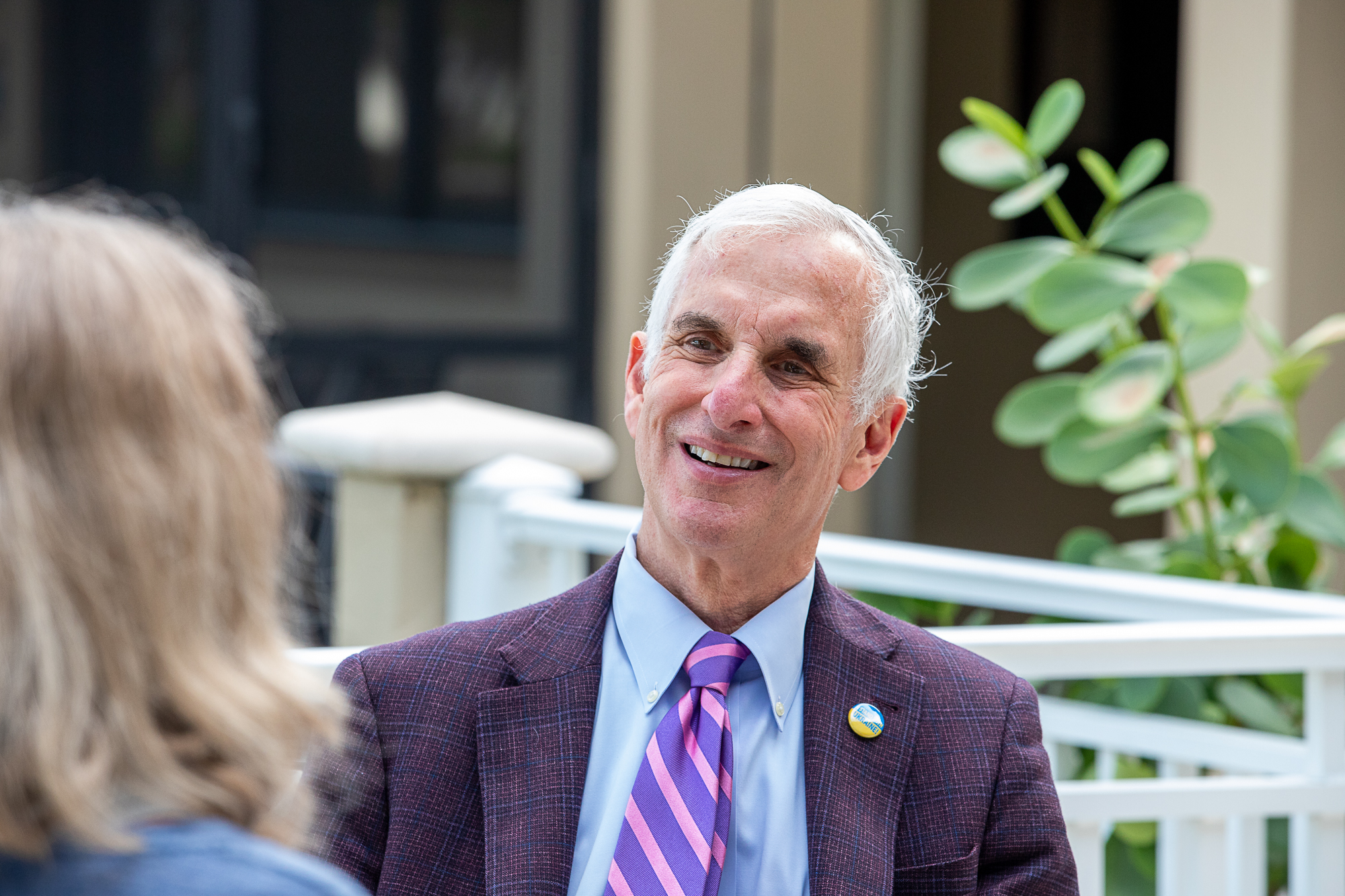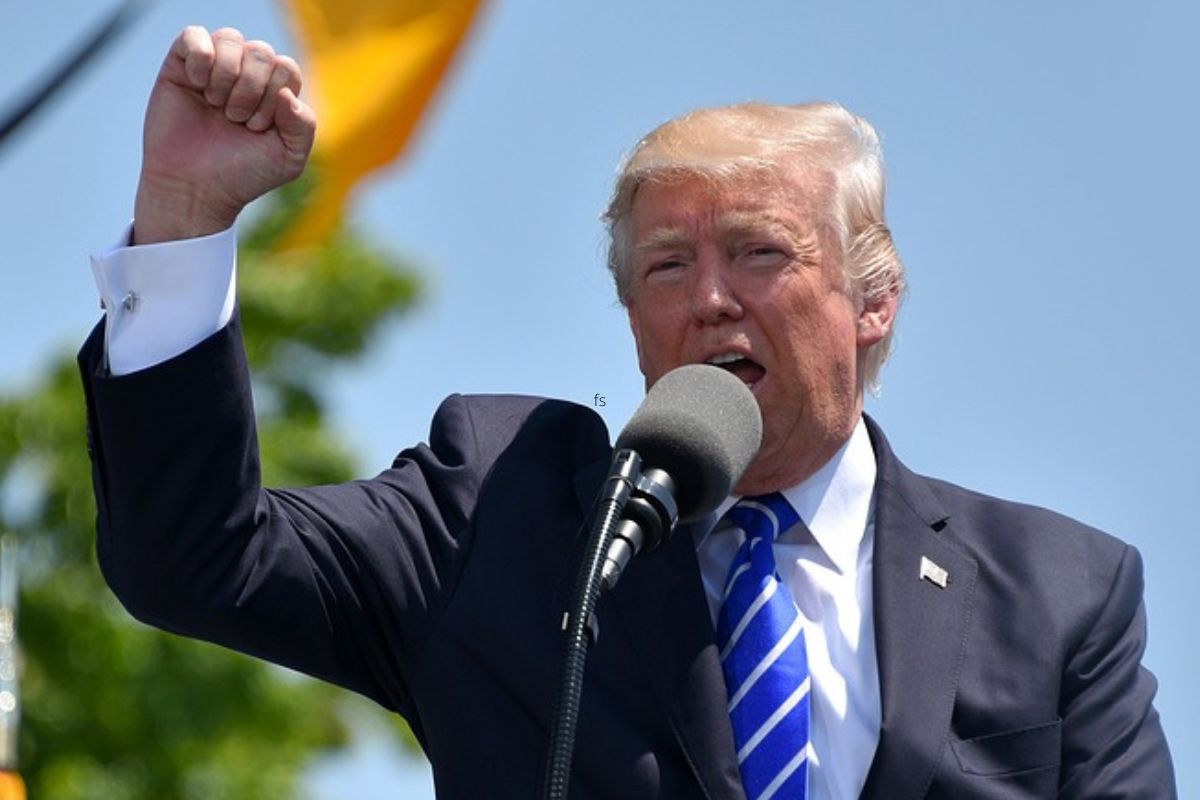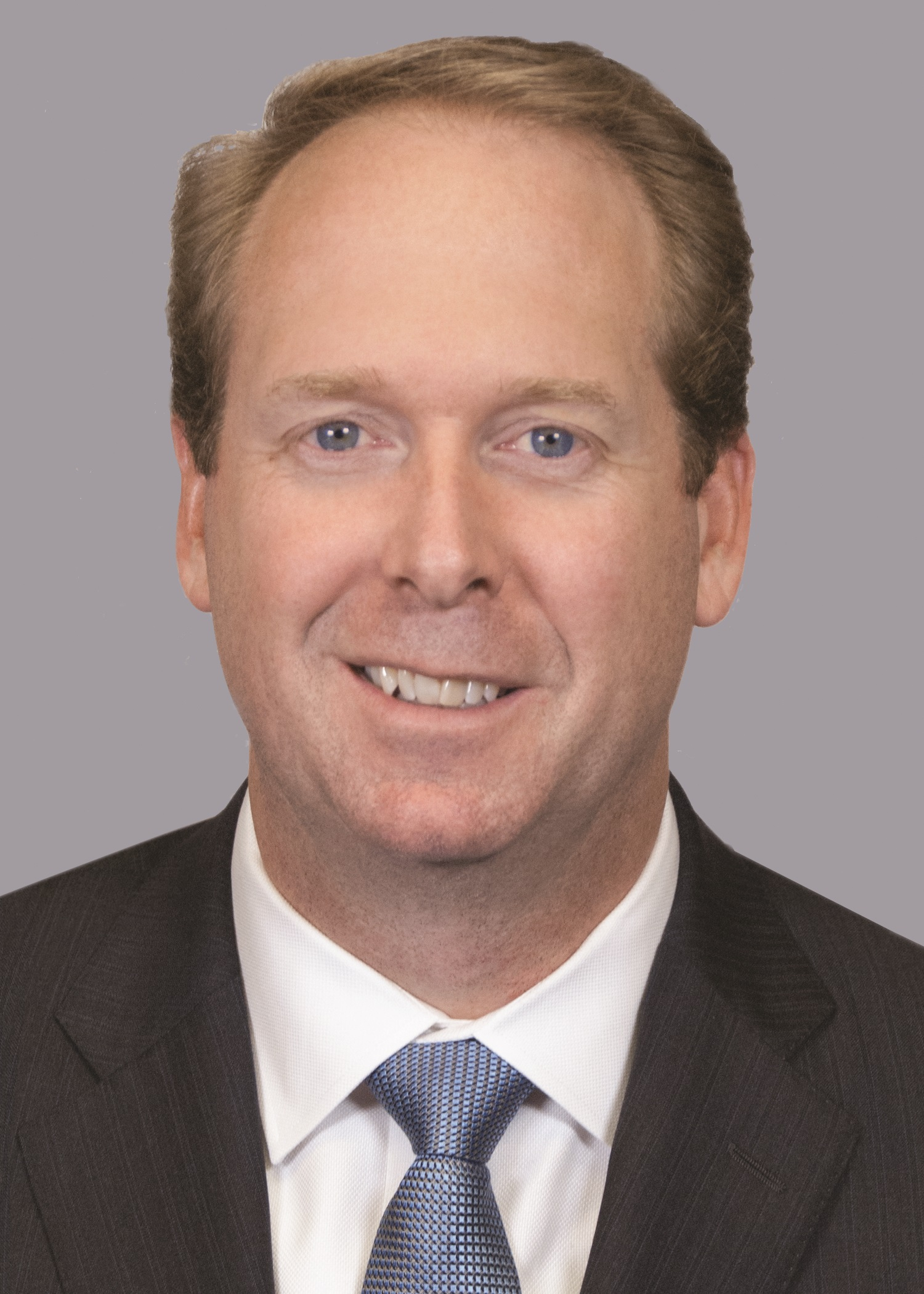Funds Society spoke with Peter Lefkin, Head of Government and External Affairs at Allianz of America and a political affairs consultant since the 1990s, a period in which he witnessed both Republican and Democratic administrations in the United States.
Lefkin was the Keynote Speaker at the 2025 U.S. Offshore Due Diligence Meeting, an event for offshore advisors hosted by Voya Investment Management in Key Largo at the end of April.
The conversation focused on the U.S. fiscal deficit and its consequences, while also addressing the impact of regulatory and tariff policies under Donald Trump’s second presidency.
Lefkin’s key conclusions included that regulation is a complex issue, and Trump’s deregulatory efforts stand in contrast to the role of Congress. He also emphasized that tariff policy is “inflationary and ineffective,” with global repercussions as China and other countries adjust their trade strategies. On the other hand, Trump’s proposed tax cuts—although popular, in Lefkin’s view—worsen the U.S.’s $2 trillion annual deficit.
He highlighted the potential for increased interest payments on the national debt and the impact on U.S. alliances around the world. Lefkin also addressed the effects of immigration policy on labor shortages in sectors such as construction and healthcare.
Peter Lefkin holds a cum laude degree from Georgetown University with a background in Foreign Service, a master’s degree in Public Administration, and a Juris Doctor from Syracuse University. He is a member of the Connecticut Bar and was hired in 1988 to open the Government Relations Office for Fireman’s Fund in Washington. In 1996, he became Head of Government and External Affairs, leading federal and state lobbying efforts and acting as a liaison to national trade associations.
Tax Cuts and the Impact on the Deficit
President Trump’s proposed tax cuts “are very popular, they sound great,” Lefkin said. “No income tax on Social Security for seniors—it sounds good to me at my stage of life. No tax on wages. These are all things that have massive appeal, but they all significantly add to the deficit,” he stated.
The U.S. is in a “really tough situation.” The country collects $5 trillion in revenue but spends $7 trillion. “Roughly $1 trillion is spent by the Department of Defense, and we will probably need to spend more,” he noted.
Lefkin broke down the spending: Defense ($1 trillion), interest on the debt (another $1 trillion), Social Security ($1.5 trillion), Medicare (around $900 billion), and Medicaid—which covers many nursing home residents who may have been lower-middle class just six months before entering but lost all their income, leaving the government to pay for them.
However, “no one is talking about them. So, there’s really no plan of action to address the real issues, not the small things that Doge is picking up. That’s why the bond market is asking: where is this heading? First: is anyone in control? Because there’s instability, and people crave stability. Second: is America pulling away from its allies? Many of our allies have bought our bonds because we provide military protection and security. Is this still a safe country?” he asked.
The Senior Vice President of Government and External Affairs emphasized that markets are focused on the long term and what will happen with interest payments on U.S. debt. “We’re currently talking about approximately $1 trillion per year. A significant portion of that will be refinanced at higher rates and in larger amounts. That number becomes astronomical,” he warned.
Returning to the political realm, Lefkin pointed out that democracies often falter when two key thresholds are crossed: “One is when gross national debt exceeds gross domestic product. We’re already there. And the second is when a country spends more on interest payments than on defense. That’s the other trigger. And we’re there too,” he cautioned.
In his view, that’s “what the world—and probably even investors—are watching. We are entering uncertain times.”
The political scientist clarified that Trump is not solely to blame for America’s current state. “I blame many people over the past 40 years who have failed to address this issue. But the day of reckoning is coming,” he warned.
Trump’s Deregulatory Policies
On regulation, Lefkin said that over the last 30 or 40 years, there has been significant deference to regulators in the U.S. He expressed cautious skepticism about Trump’s deregulatory agenda, noting that it clashes with Congress’s intended role.
He explained that earlier in the year, expectations were that Trump would focus on deregulation and aim to boost the U.S. economy by offering more economic incentives. But regulation is “complicated,” he said.
Lefkin criticized the overuse of executive orders for almost every presidential decision. These orders are unilateral actions by the Executive Branch and do not carry Congressional approval. Moreover, they are often reversed with each new administration, generating long-term uncertainty for both investors and the American public. This, he said, creates “instability.”
He warned that aggressive deregulation could lead to instability, especially considering what future administrations might do.
“Trump is now trying to bring independent agencies like the SEC, the Commodity Futures Trading Commission, and the Federal Trade Commission under his control. He claims to have full authority over them. But that’s not what Congress intended, and there’s legal precedent suggesting he can’t control them,” Lefkin explained. “Independent commissions are supposed to be independent,” he added.
In Lefkin’s view, “it’s not good for either party to win it all. It’s better when both parties are involved in crafting the solution.” Trump “demands total loyalty” and doesn’t want to hear pushback from Congress, he said.
Regarding Trump’s desire to remove Jerome Powell from the Federal Reserve, Lefkin noted that “financial markets do not want the president involved in the Fed’s decision-making. They may be frustrated with the Fed, but fundamentally they know that the worst-case scenario is political interference. That’s when things really go wrong,” he concluded.
Tariffs Are Not a Magic Wand
The temporary truce announced on Monday, May 12 between the U.S. and China highlighted that China still has leverage in the ongoing trade war. Lefkin cited the example of China developing its own new agricultural zones, reducing its dependence on U.S. agricultural products.
“You never really know what’s going on in his head,” he said about Donald Trump, describing him as a “different” kind of president. “Tariffs have to be long-lasting to be effective, and they are also inherently inflationary,” he explained.
Trump believed that “tariffs are the source of all things good for America.” He aimed to remake the U.S. manufacturing sector and “quietly raise revenue,” but many American manufacturers rely on foreign parts, and countries will find other partners to do business with, Lefkin noted.
“Most presidents—especially this one—tend to think in grand gestures, wave a magic wand, and assume everything will be fixed. That’s not the case with tariffs,” he explained. “It won’t work because the Chinese have already taken significant steps. Four or five years ago, they were vulnerable because they depended heavily on U.S. agriculture. That’s no longer the case,” he said. “Other nations are waking up too,” he warned, pointing to a shift in investment attitudes: “The U.S. used to be a place where you could buy Treasury bills in U.S. dollars and feel safe. But the world is beginning to reconsider that.”
From his perspective, the bond market has responded to the tariff debate by saying, “No one is in control. No one knows who to talk to. Every day brings a new message. And no one has bothered to explain to the American public how things will move forward.”
Ultimately, what the U.S. is trying to do is “solve our deficit problem”—over $2 trillion annually (in American terms, trillions). Solving the deficit “is the end goal.” And that’s what the government has openly acknowledged.



